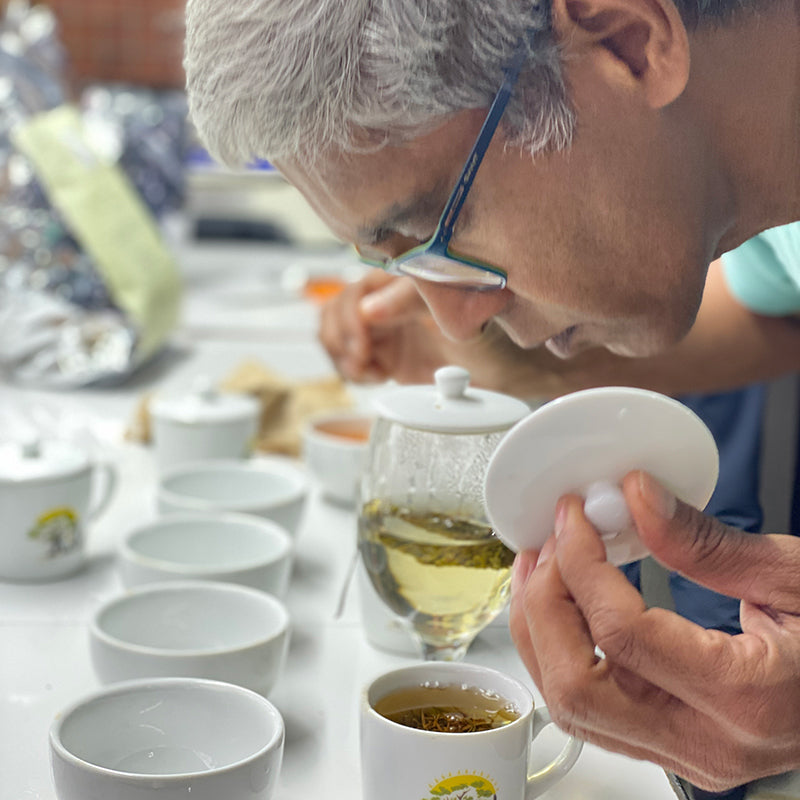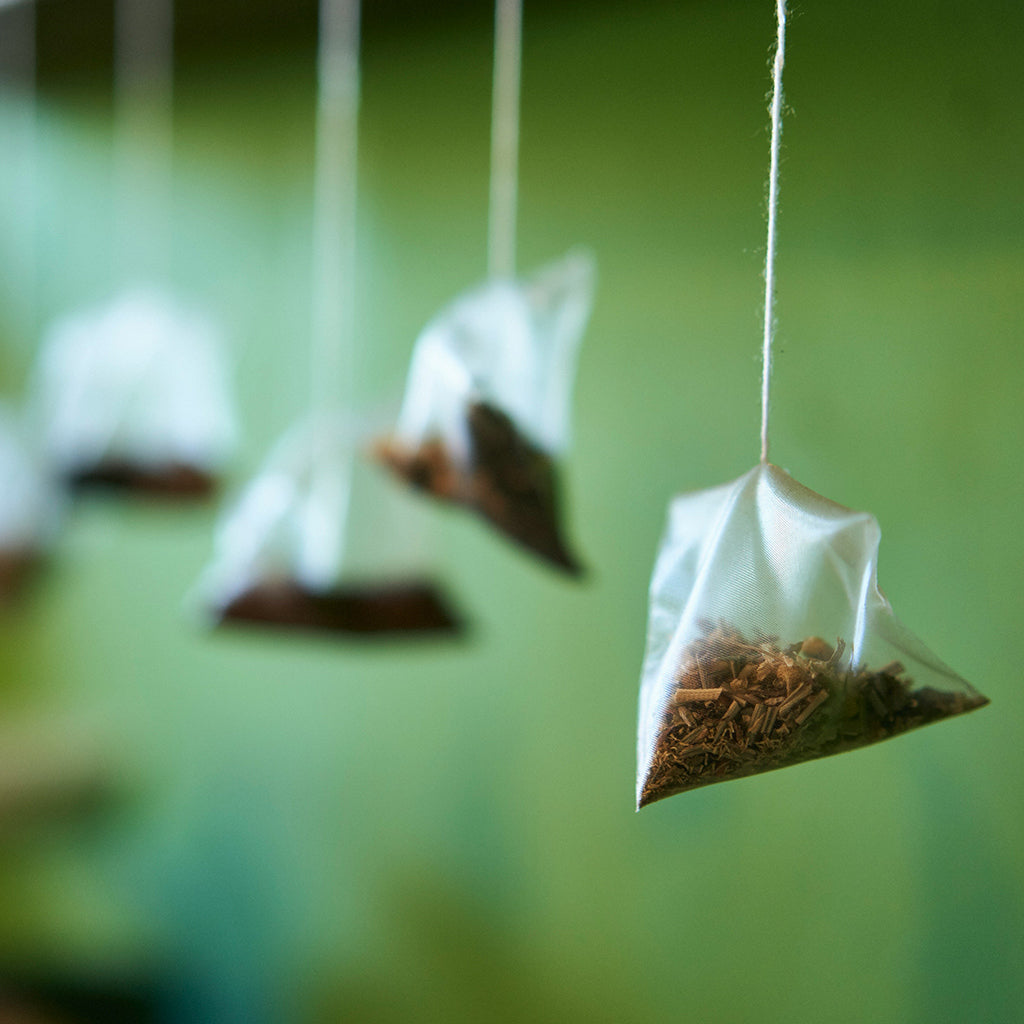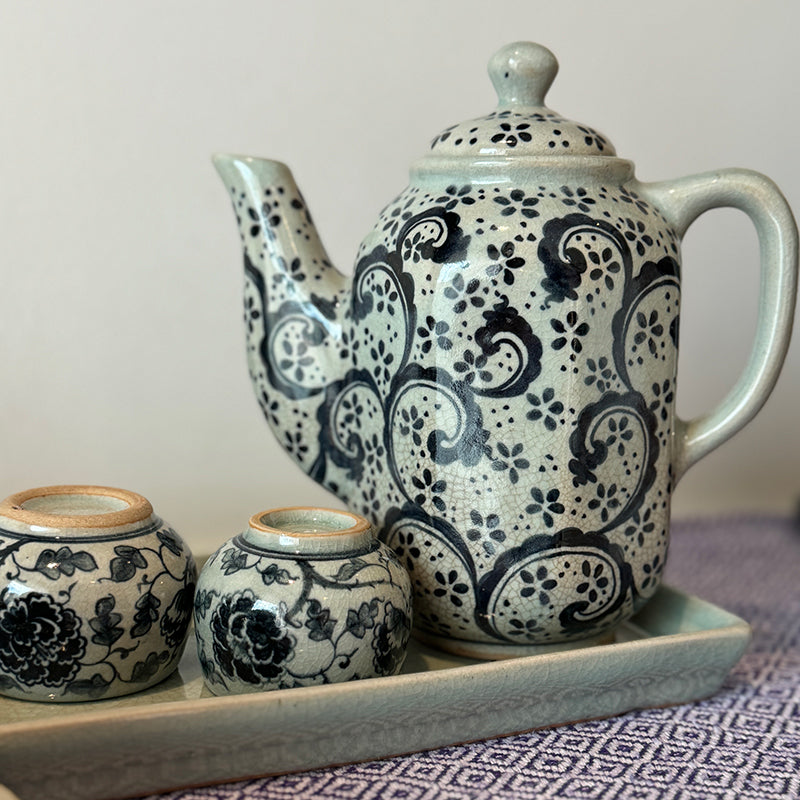Tea has been a cherished beverage for centuries, known for its soothing aroma and myriad health benefits. In recent times, the demand for organic products has witnessed a significant upsurge, and organic tea, in particular, has gained popularity among health-conscious consumers. In New Zealand, a nation renowned for its stunning landscapes and commitment to sustainability, choosing to drink organic tea has become a natural progression for those seeking a healthier lifestyle and a more environmentally responsible approach to tea consumption.

The Rise of Organic Tea
Organic tea is derived from plants that are cultivated using natural farming practices, eschewing synthetic fertilizers, pesticides, and genetically modified organisms. Instead, our organic farmers in Sri Lanka rely on traditional methods that prioritise soil health, biodiversity, and ecological balance. This results in teas that are free from harmful chemical residues, making them a safer and more nutritious choice.
In New Zealand, the organic movement has gained momentum over the years, driven by an increased awareness of the environmental impact of conventional agriculture and a growing concern for personal well-being. As people become more conscious of what they put into their bodies, organic tea has emerged as a beacon of health and sustainability.

Health Benefits of Organic Tea
Organic tea offers numerous health benefits, making it an appealing option for health-conscious consumers in New Zealand. Unlike conventionally grown tea, organic tea is rich in essential nutrients and antioxidants. These natural compounds are known to combat free radicals, reducing the risk of chronic diseases and promoting overall well-being.
Additionally, organic tea is free from harmful residues of synthetic chemicals commonly found in conventionally produced teas. Choosing organic ensures that you receive the purest form of tea, free from harmful toxins, providing a wholesome experience with every sip.
Environmental Impact
One of the primary reasons for the rise in popularity of organic tea in New Zealand is its positive impact on the environment. Organic farming practices prioritize sustainability, conserving resources, and promoting biodiversity. By opting for organic tea, consumers contribute to the preservation of the ecosystem, minimizing soil erosion, and reducing pollution from chemical runoff.
New Zealand's commitment to sustainability aligns perfectly with the principles of organic agriculture. Choosing organic tea is an act of supporting local farmers who strive to preserve the environment for future generations, creating a sustainable legacy for the nation.

Supporting The Source
Purchasing organic tea from small farmers not only supports sustainable agriculture but also bolsters the local economy. Our organic farmers in Sri Lanka work tirelessly to cultivate high-quality teas while adhering to rigorous organic standards. By choosing their products, consumers play a vital role in encouraging these farmers and strengthening the organic tea industry in the country.
Tips for Choosing Organic Tea
When selecting organic tea in New Zealand, it's essential to look for reputable brands that are genuinely organically grown. Additionally, understanding the different types of tea, such as green, black, white, or herbal, will help you choose the one that best suits your taste preferences and health needs.
Choosing to drink organic tea in New Zealand is not only a testament to one's commitment to personal well-being but also an acknowledgment of the nation's sustainable values. Organic tea offers a wealth of health benefits, free from harmful chemicals, and contributes to preserving the environment and supporting small farmers. By embracing organic tea, New Zealanders set a positive example for future generations, creating a healthier and more sustainable future for all.
So, the next time you crave a cup of tea, make the wholesome choice – go organically grown!





